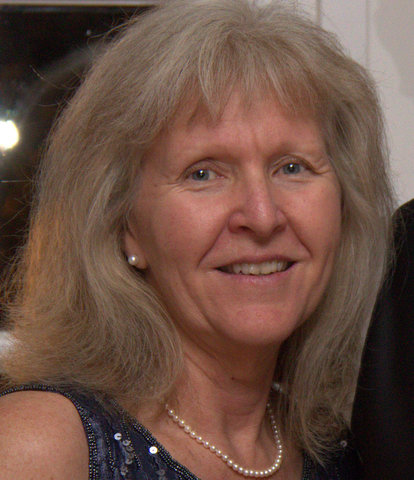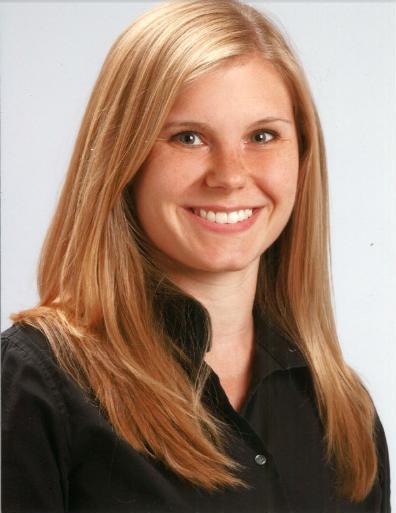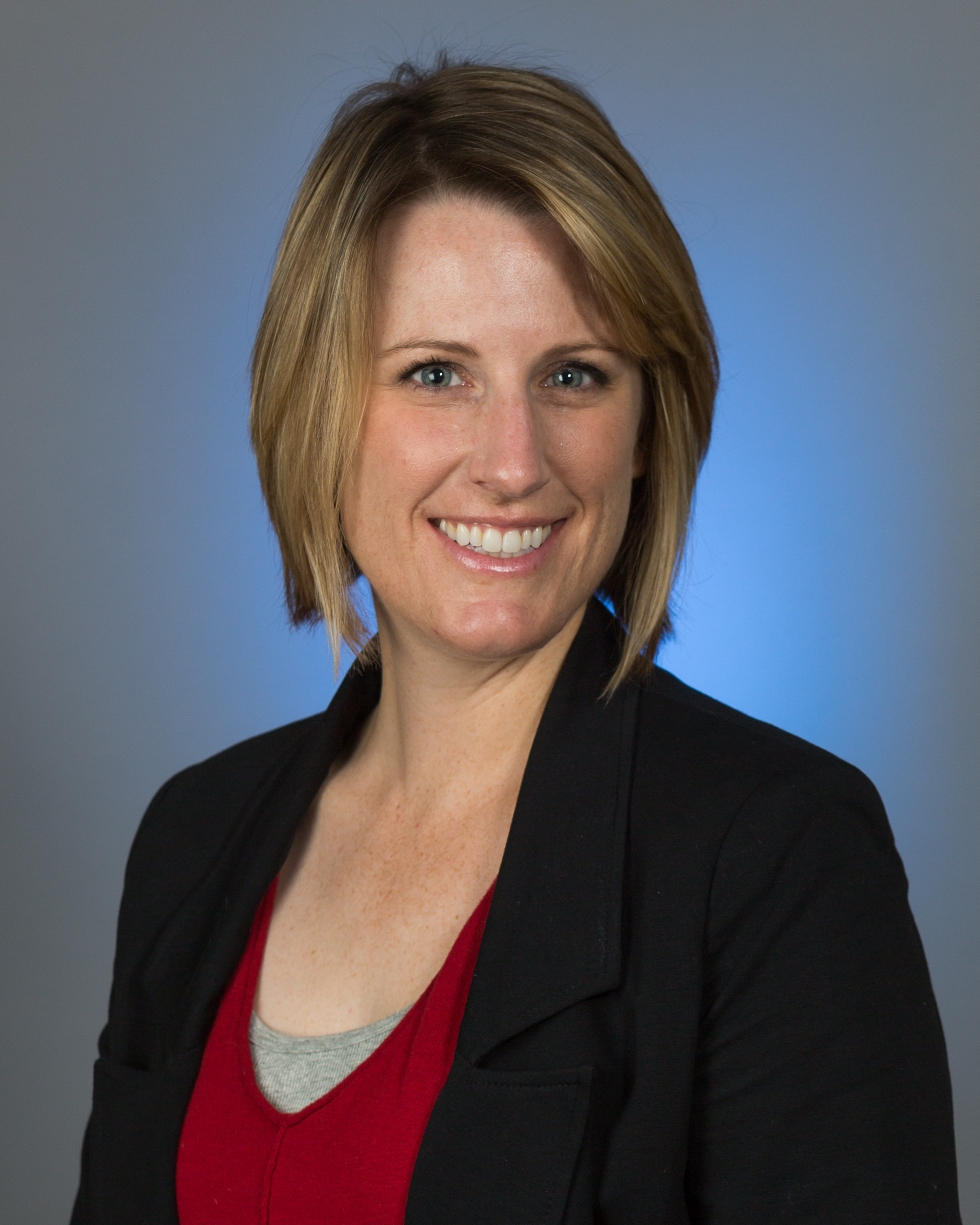 Larry Robinson, BS, MS, PharmD, Director, Strategic Support Services, MedCommunications, Inc., Memphis, TN
Larry Robinson, BS, MS, PharmD, Director, Strategic Support Services, MedCommunications, Inc., Memphis, TN
A.S.P.E.N.: What is your role in Sustain?
Dr. Robinson: My role in Sustain is to serve as the Chair of the Executive Council. The Executive Council provides oversight of the Sustain project. Previously, I chaired the task force that developed Sustain.
A.S.P.E.N.: How will Sustain benefit the long-term goals and mission of A.S.P.E.N.?
Dr. Robinson: A.S.P.E.N. is striving to be the go-to source for data and information regarding clinical nutrition. Sustain is one of the major tools A.S.P.E.N. created that can be used toward achieving this goal.
A.S.P.E.N.: How will Sustain benefit the field of clinical nutrition and patient care?
Dr. Robinson: Data collection efforts for HPN patients in the US have been very limited over the last 20 years. Consequently, attempting to determine the long-term outcomes for these patients is very difficult. It is hoped that Sustain will be able to fill this gap with useful knowledge about the HPN patient population so that many key questions can be answered. It is only with useful data that best practices can be determined and useful benchmarks can be established to provide the best possible care for these patients.
 Vicki M. Ross, RN, PhD, CNSC, Nutrition Support Nurse Scientist, Truman Medical Center, Kansas City, MO
Vicki M. Ross, RN, PhD, CNSC, Nutrition Support Nurse Scientist, Truman Medical Center, Kansas City, MO
A.S.P.E.N.: What is your role in Sustain?
Dr. Ross: I am a member of the Sustain Advisory Council.
A.S.P.E.N.: How does your involvement in Sustain benefit your research?
Dr. Ross: The Sustain registry provides an unprecedented opportunity to address questions about HPN therapy using data collected from a heterogeneous group of HPN providers. Having the Sustain data registry enhances the generalizability of findings.
A.S.P.E.N.: How will Sustain benefit the field of clinical nutrition and patient care?
Dr. Ross: For many years without access to quality HPN data, providers have had only their experiences to make decisions about the best care for their patients. Sustain allows providers to ask some of the important questions and answer those questions based on unbiased data.
 Denise Konrad, RD, LD, CNSC, Home Nutrition Support Clinician, Cleveland Clinic, Cleveland, OH
Denise Konrad, RD, LD, CNSC, Home Nutrition Support Clinician, Cleveland Clinic, Cleveland, OH
A.S.P.E.N.: What is your role in Sustain?
Ms. Konrad: I am the study coordinator at my location, which means I keep our data collection forms up to date, assist in gathering and entering patient data, and ensure we are compliant with our IRB.
A.S.P.E.N.: How does your involvement in Sustain benefit your research?
Ms. Konrad: Sustain benefits our institution in so many ways. It provides us with important patient characteristic data, allows us to measure patient outcomes (e.g., CRBSI rates, hospital admissions), and creates quarterly reports that show cross-sectional and longitudinal data. Perhaps more importantly, it allows us to evaluate how our institution and patients are doing compared to the rest of the country.
A.S.P.E.N.: How will Sustain benefit the field of clinical nutrition and patient care?
Ms. Konrad: The benefits are countless! This is the only database of its kind that currently exists. Sustain will allow us to identify how many patients are at home with nutrition support, average length of therapy, rationale for therapy, and will provide insight into aggregate practices of varying institutions. As a health professional, I will be able to use Sustain data to answer patients’ questions about these very topics and assist in developing protocols to improve patient care.
 Katherine Bennett RD, MPH, CLE, Clinical Dietitian III, CHOC, Childrens' Hospital, Orange County, CA
Katherine Bennett RD, MPH, CLE, Clinical Dietitian III, CHOC, Childrens' Hospital, Orange County, CA
A.S.P.E.N.: What is your role in Sustain?
Ms. Bennett: I work as a Pediatric Registered Dietitian at Childrens' Hospital of Orange County in Orange County, California. I am the Principal Investigator of the Sustain project and collect and input data for approximately 20 HPN pediatric patients.
A.S.P.E.N.: How does your involvement in Sustain benefit your research?
Ms. Bennett: Having always loved working in the area of parenteral nutrition, I was so excited to participate in Sustain! Being involved in Sustain has brought more attention to our HPN patients from not only RDs but also GI physicians and homecare pharmacies. Although HPN patients make up a small percentage of our population, they are a high acuity patient population.
Sustain is helping us learn more about our HPN patients and improve the care we provide to them. For example, we are streamlining the transition for our HPN patients to/from inpatient/outpatient settings and improving communication methods so that PN orders are correctly transcribed. We are also in the final stages of developing a HPN clinic for our patients. Our HPN patients were routinely followed by only a GI Physician and have limited or no access to a Registered Dietitian, Case Manager, and other disciplines. The PN Clinic will provide a "home base" for our HPN patients and families and allow us to individualize care. We will also implement much needed patient care guidelines, such as routine checking/monitoring of labs and provide education for line care (our Sustain data indicated that our hospital admit rate for line infections was higher than other pediatric institutions).
A.S.P.E.N.: How will Sustain benefit the field of clinical nutrition and patient care?
Ms. Bennett: Sustain will bring more attention to this high acuity population! This population isn't like others - it requires unique and individualized care. The more we know about this population and how we are all caring for them, the more we can help them while also potentially improving outcomes and saving healthcare dollars. The field of HPN is clinical nutrition at its essence. Not many other therapies sustain life like parenteral nutrition - why not aim for the highest quality life possible?